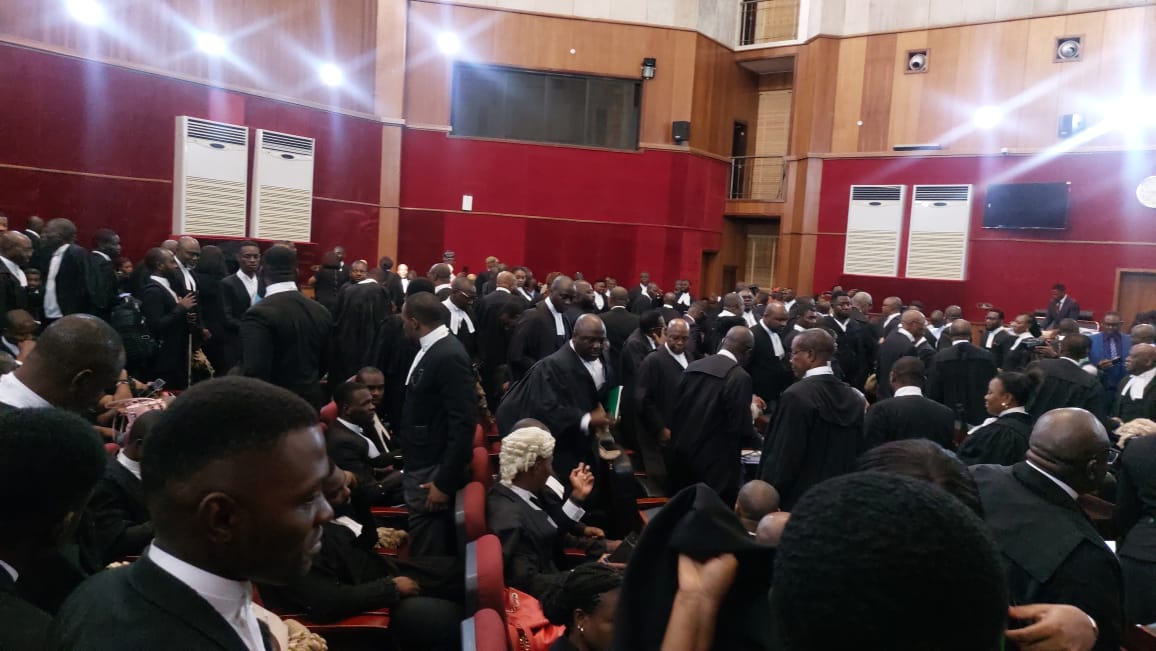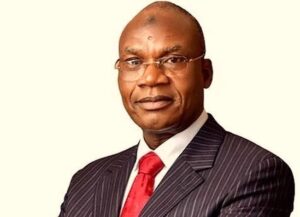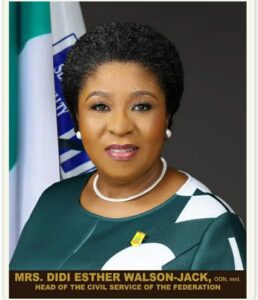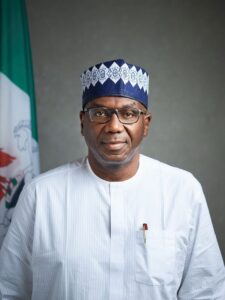
Tribunal Rules That Winning 25% Of Abuja Votes Isn’t Compulsory
Presidential Election Petition Tribunal Rejects Petition Filed by Peter Obi/LP, Nullifying FCT’s 25% Weightage Requirement in Presidential Elections
In a landmark ruling, the Presidential Election Petition Tribunal (PEPT) has dismissed the petition filed by Peter Obi of the Labour Party (LP) concerning the 25% requirement for the Federal Capital Territory (FCT) to secure victory in presidential elections. The tribunal firmly established that FCT citizens do not possess any special privileges over residents of other states.
The much-anticipated verdict was announced today, causing a stir among political circles and citizens alike. The tribunal’s decisive ruling dealt a blow to the hopes of Obi and his party, as they sought to challenge the electoral laws pertaining to FCT’s voting weightage in the presidential race.
The contentious provision in question, which mandated a 25% turnout from registered voters in the FCT for a successful presidential win, has now been rendered null and void by the tribunal’s decision. This ruling significantly alters the electoral landscape and renders FCT no different than any other state in the country, debunking any perceived advantages previously associated with the federal capital territory.
Citing reasons for the dismissal, Justice Haruna Tsammani, Justice Stephen Adah, Justice Monsurat Bolaji-Yusuf, Justice Moses Ugo and Justice Abba Mohammed, who presided over the case, articulated that the FCT’s citizens cannot be accorded preferential treatment or enjoy unique privileges when it comes to presidential elections. The verdict asserted that all Nigerians, regardless of their geographical location, should bear equal weight in determining the outcome of the presidential polls.
While the precise impact of this verdict on future elections remains uncertain, it undoubtedly opens up new possibilities for political candidates vying for the nation’s highest office. With the dismissal of the 25% weightage requirement, presidential candidates will now be compelled to widen their campaign strategies and pursue broader support across all states, including the FCT.
As the news spreads like wildfire throughout the country, reactions have been varied. Supporters of the ruling hail it as a significant step towards fostering a more inclusive and equitable democracy. However, critics argue that removing the FCT’s unique status may dilute its voice in determining Nigeria’s presidency.
Political analysts predict that this ruling will spur discussions among policymakers and lawmakers, prompting a comprehensive review of existing electoral laws and potentially reshaping the country’s political landscape. The implications of this decision will certainly reverberate beyond the confines of the court as citizens and politicians come to terms with the new reality.
While the dust settles on this contentious verdict, advocates for a fairer electoral system prevail, emphasizing the importance of equal representation for all citizens in shaping the nation’s future. Only time will tell how this ruling alters the dynamics of presidential campaigns and, ultimately, the course of Nigeria’s democratic journey.





